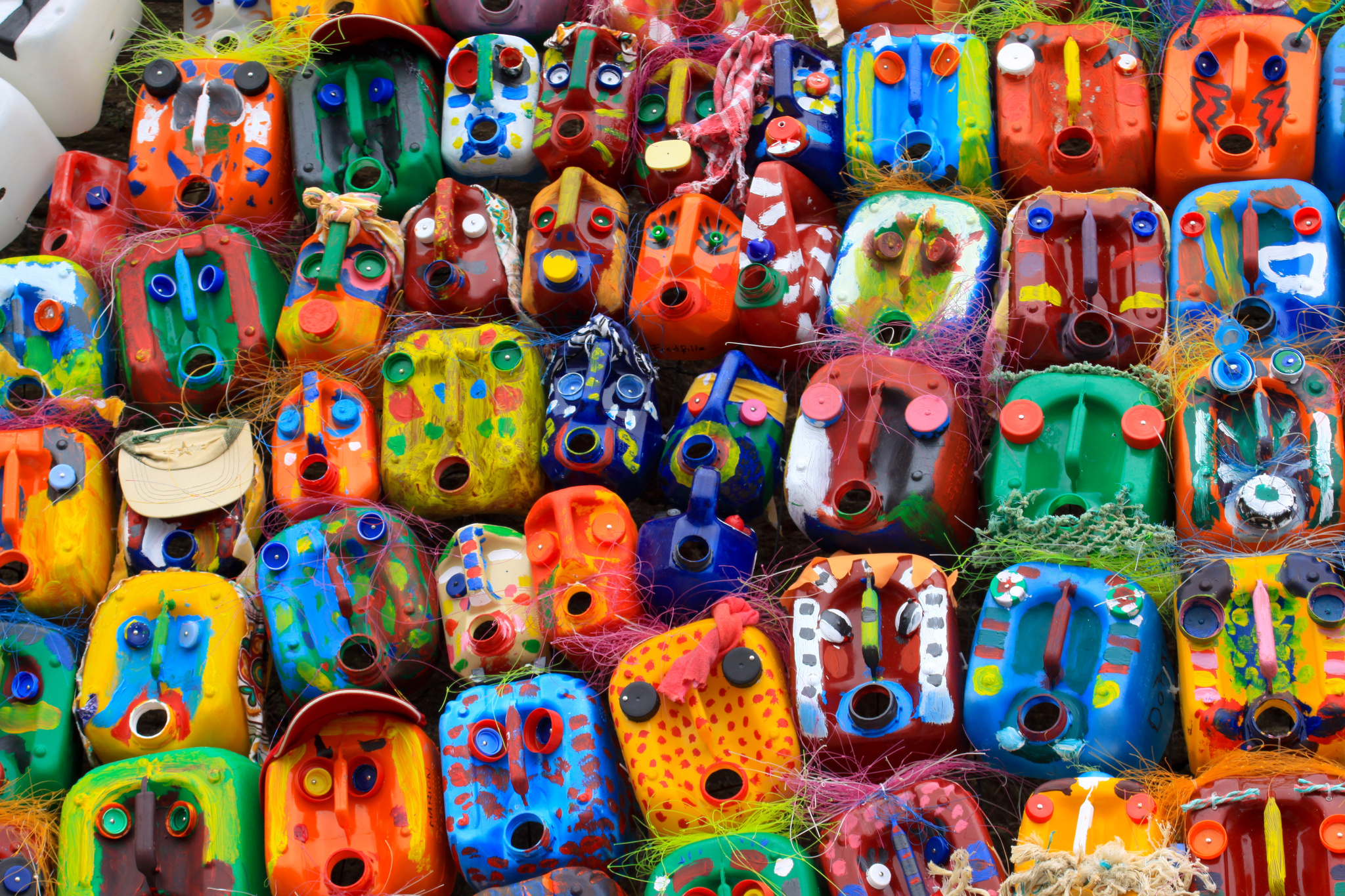
Tino Schumann / Adobe Stock
“Tolerance Is Essential”
And yet the willingness to allow for other opinions is decreasing, according to philosopher Professor Dr. Dagmar Borchers.
The Dean of the Cultural Studies Faculty views tolerance as the key to a democratic, pluralistic, and compassionate society. To mark the International Day for Tolerance on November 16, Dagmar Borchers shares her thoughts on whether tolerance can be taught and learned, and what its boundaries should be. She also warns of a new intolerance towards those with different beliefs.
The Dean of the Cultural Studies Faculty views tolerance as the key to a democratic, pluralistic, and compassionate society. To mark the International Day for Tolerance on November 16, Dagmar Borchers shares her thoughts on whether tolerance can be taught and learned, and what its boundaries should be. She also warns of a new intolerance towards those with different beliefs.
John Stuart Mill is one of Dagmar Borchers’s favorite authors. His nineteenth-century essay “On Liberty” is magnificent. Even if everyone but one person held the same opinion, that single person would still have the right to be heard, according to the British philosopher. After all, it just might be that the contrary opinion is correct.
Assessing the strength of an argument is the first, crucial step in discourse – to listen, to understand, to think it through. And judgement should only be passed after this process has taken place. “I try to present philosophy as a way of thinking that doesn’t encourage holding onto an opinion and refusing to change it. Rather, it encourages first understanding the problem at its core, and distinguishing a good argument from a bad one,” says Dagmar Borchers.
Allowing Other Convictions
The word tolerance is derived from the Latin verb “tolerare,” which means “endure,” or “bear.” It means accepting something without fighting against it, even if you strongly disagree. However, this ability is being lost in many areas of life, according to the researcher. “We are living in a society that is very opinionated and polarizing. Those who have a different opinion are quickly excluded.”
This is not compatible with tolerance. Differing views must be able to coexist; this is essential for a democratic society. Otherwise, there would be no diversity or pluralism. Borchers asserts that in a democracy, every individual should have certain rights, freedoms, and a sphere of influence within the existing laws and regulations. “Without tolerance, these cannot coincide. Tolerance is essential for a liberal, democratic society, and for human interaction.”
John Locke established this concept in “A Letter Concerning Toleration,” written in the seventeenth century in the context of the fight for religious freedoms. The philosopher posited that humans are born free and equal. Therefore, they, and not the state, should decide what to believe, and this decision should be respected. The fight for religious freedom was carried on for centuries. At the same time, the prevailing view of tolerance was continuously changing and evolving. “We currently live in a society that is, paradoxically, in many ways very tolerant, while simultaneously being intolerant in others,” Borchers says.
Tolerance Can Be Learned
Borchers’s teaching doesn’t just make the case for tolerance though argumentative theory and logic. She also interrupts certain thought processes and creates systematic uncertainties. This allows for scrutinizing even seemingly self-evident opinions and increases self-reflection. Of course, people can learn tolerance; it is not an innate quality. “I happen to think that tolerance needs to be taught, starting in preschool and continuing throughout school and university. We must stand up for tolerance and demonstrate our commitment to it whenever different opinions clash, no matter how challenging that may be,” says Borchers, who teaches applied philosophy and whose research topics include decision-making.
Tolerance requires knowledge and exposure to diversity, including people from different cultural backgrounds with different experiences and opinions. It calls for compassion and respectful interaction. And it demands boundaries. What can be tolerated and endured? Dagmar Borchers has a clear idea: “Whenever people are ostracized, insulted, or discredited, the boundary has definitely been crossed.”
Further Information can be found here: https://www.uni-bremen.de/philosophie/personen/alphabetische-liste/profil/idm/10177